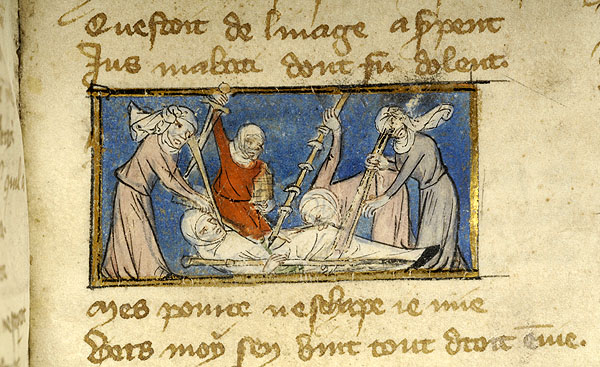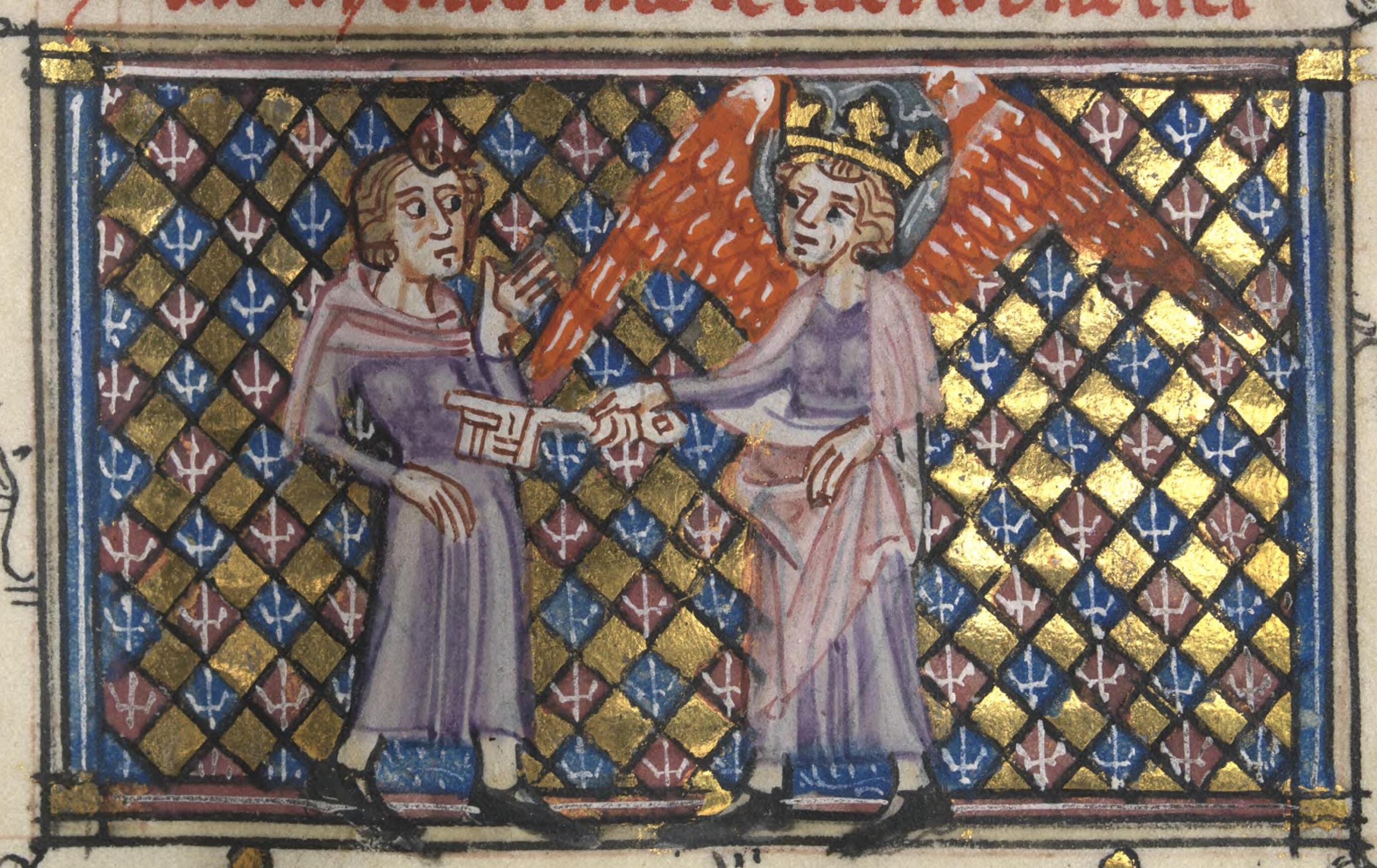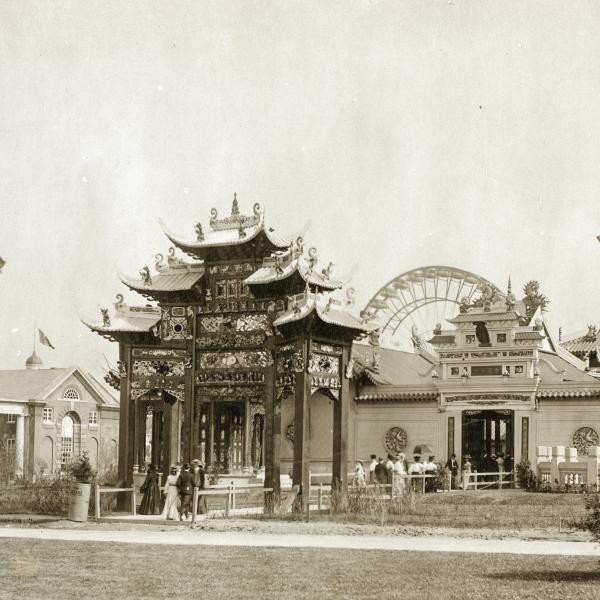Interview with Faculty Fellow Jessica Rosenfeld
Across 13th-century Europe, the proliferation of pastoral, literary and academic texts such as commentaries on Aristotle’s Ethics and the wildly popular love poem The Romance of the Rose signaled a hunger for the examination of emotions. Those same texts, says Faculty Fellow Jessica Rosenfeld, associate professor of English, can inform our contemporary understandings of how emotions operate. Her project in progress, “Envious Charity: Theorizing Emotion in the Later Middle Ages,” takes on two conflicting but complementary emotions: envy and love. Read on for a preview of her project.
Briefly, what is your book about?
Emotional experience occupies the center of all of our lives, and is increasingly central to how academics approach history, literature and other disciplines. There are still many unsettled questions about emotions: are they universal or culturally specific? Are they reasonable? Do we have any control over them? Do they originate in the mind or the body? The Middle Ages in Europe were not only a period of intense, focused attention to emotional experience, but also a time before many of the distinctions that we live with (mind versus body, rational versus irrational, human versus animal) became so difficult to traverse. Literature from this period offers some surprising and useful models for imagining and understanding our feelings, then and now.
Why did you choose to focus on love and envy? Are these emotions understood any differently today than they were in the medieval period?
Because I am fascinated by them! Especially envy, which has long been considered a “problem” emotion — even contemporary philosophers and scientists aren’t always sure what purpose this emotion serves, and it’s definitely a feeling that people don’t enjoy or want to admit to experiencing (except in its mildest forms). For this project I chose emotions that were considered especially significant and were undergoing changes in meaning. Love and envy were designated in medieval writings as “contrary” to each other, one the highest virtue and the other the “worst” vice, though it intrigues me that, even in opposition, they are hard to disentangle — both are forms of desire. Envy is typically distinct from jealousy, though, because jealousy targets something (or someone) that belongs to another person and envy targets that other person directly.
Of course, there are differences and similarities with ideas today. Medieval love stories are often about suffering and the “rules” of love, which can strike modern readers oddly, but contemporary love stories are just about different forms of suffering and different rules. We tend now to think about envy in consumerist terms, whereas the medieval works I’m interested in are more worried about a malicious desire for the suffering of others.

One of the works you’re looking at is the medieval poem Roman de la Rose. What does it reveal about the prevailing ideas of love?
The Romance of the Rose is a wild, brilliant, extremely long poem about a dream in which the protagonist falls in love with an actual flower. I think the main thing that it reveals is that love was a theme that allowed writers to address all manner of issues: politics (both state and church), science, hypocrisy, gender difference, nature, God. That’s both because love stories are often also “about” other things, but also because love was understood to be a force at work across all kinds of human endeavors and experiences. I think that’s still true.
What misconceptions do people have about envy?
The most common misconception I see in contemporary political discourse is that envy is always petty and unbecoming and that we should repress it at all costs and pay no attention to it, and that anger about the gap between rich and poor is “just envy.” I’m a fan of the feminist critic Sianne Ngai who suggests that envy is worth listening to because, alone among the emotions, it draws attention to inequality. I also like political scientist Jeffrey Green’s book The Shadow of Unfairness, which argues that “reasonable” envy should be allowed to drive politics, and that it makes perfect sense to single out the super-rich for regulatory treatment. Envy is often described (in both medieval and modern contexts) as “irrational” when we desire that others lose something, even when we have nothing directly to gain, but Green argues that such desire can be rational and even ethical.

How do these medieval texts and contexts relate to contemporary debates?
I guess I was just getting into a contemporary debate with my answer above. Some of the literary texts I look at — for example the 14th-century English poem Piers Plowman — are deeply concerned with problems we still face: poverty, debates about the “deserving” poor and the role of charity, about what constitutes basic needs and whether society should guarantee them. In terms of emotions, medieval writers talked about justice in terms of individual feeling and in terms of law, and this is a debate (is justice a feeling or an institution?) that still plays out in both academic writings and real-world politics. In a chapter on love and reason I look at medieval theories of desire and consent, which are very concerned to figure out where free choice fits into the picture, both with respect to one’s own desires and the desires of others (whether a human lover or God).





